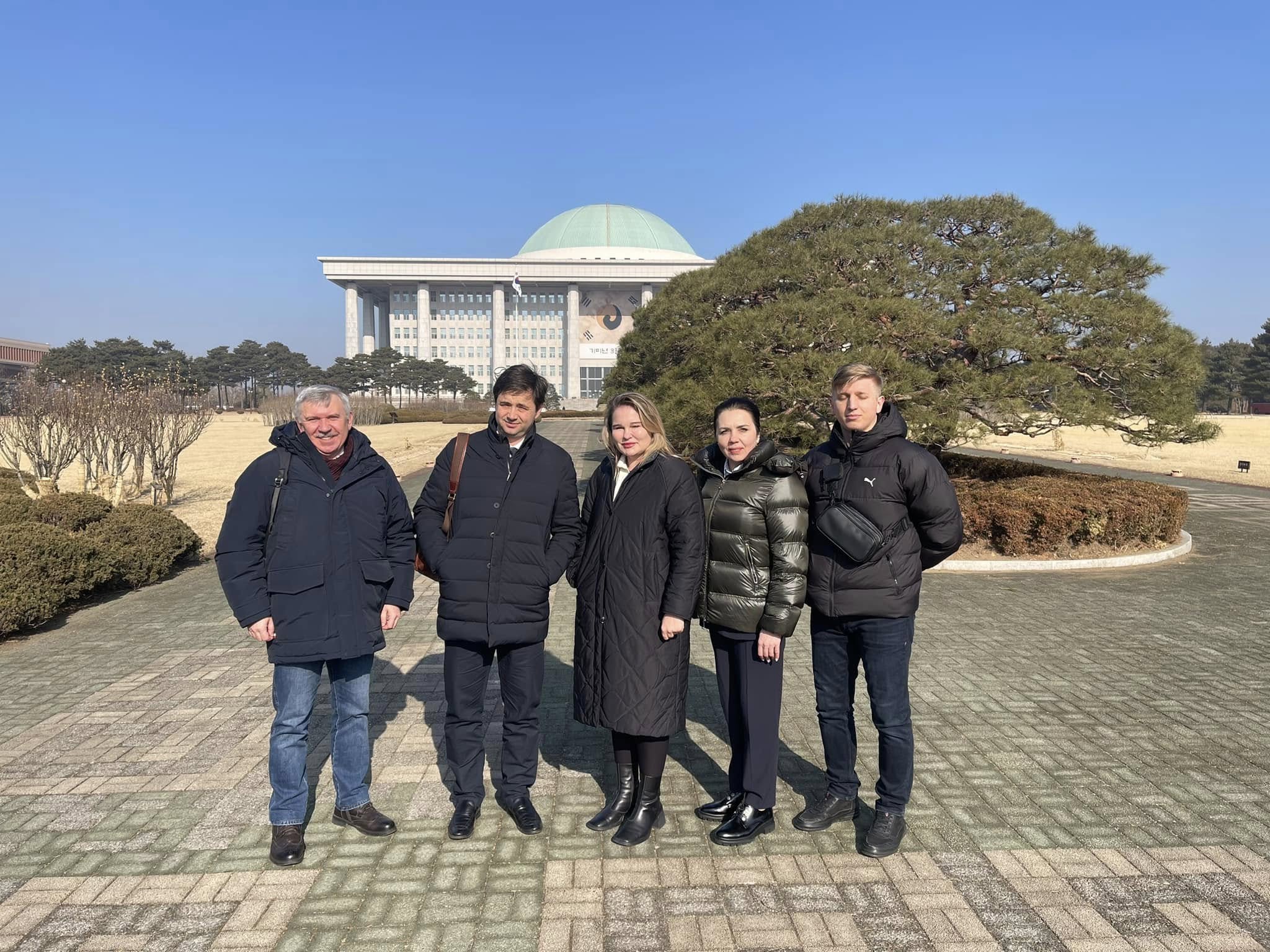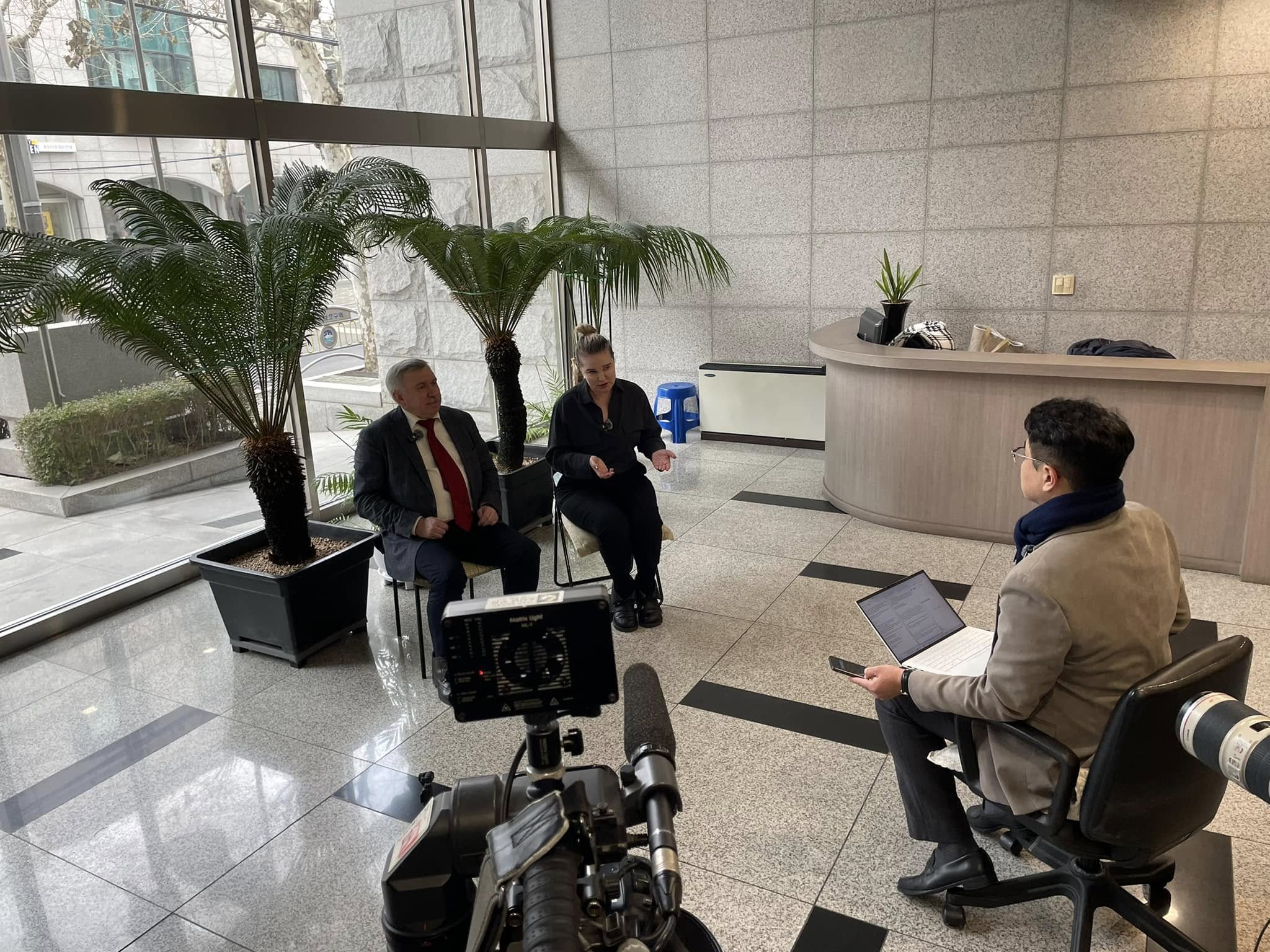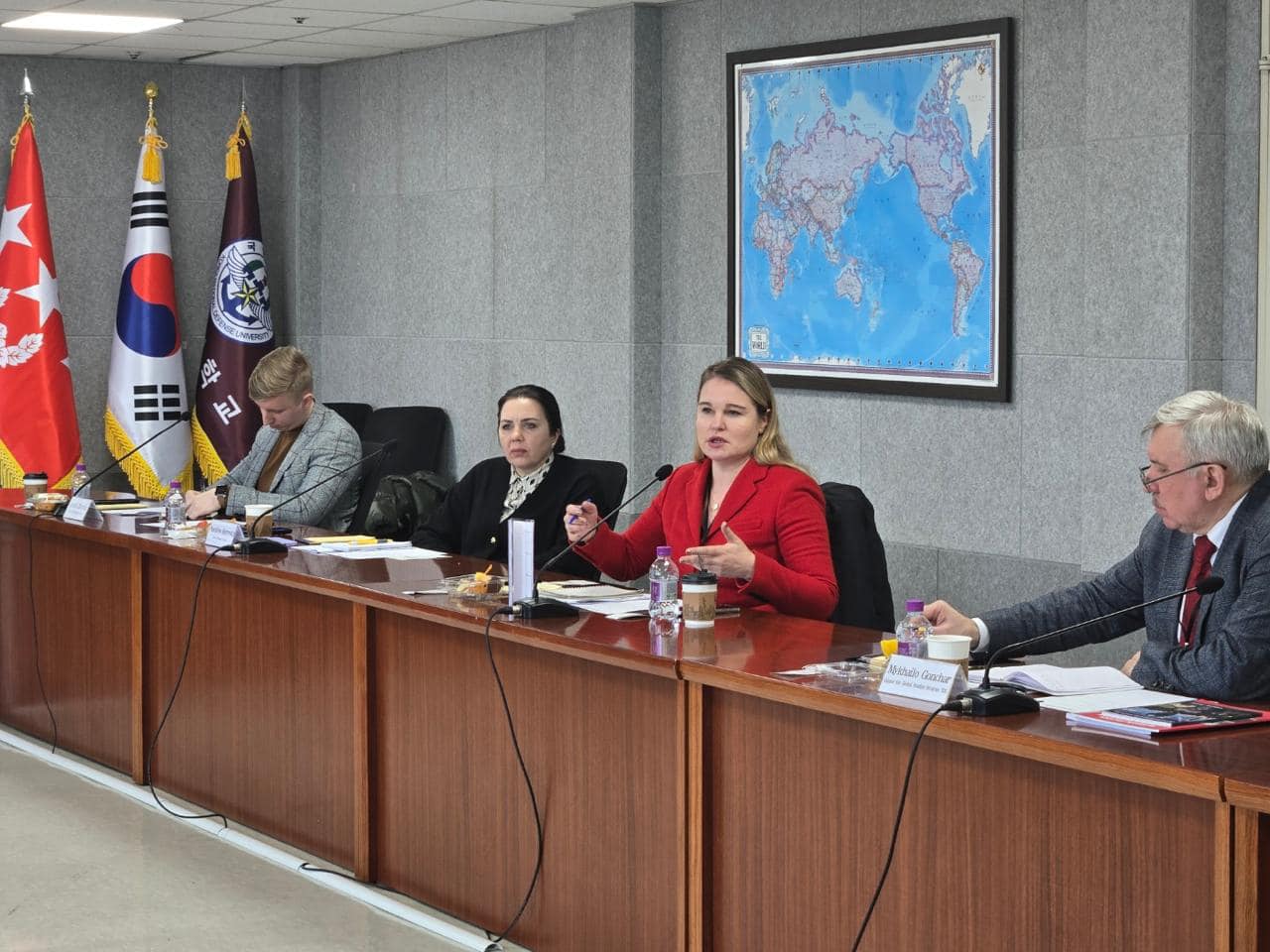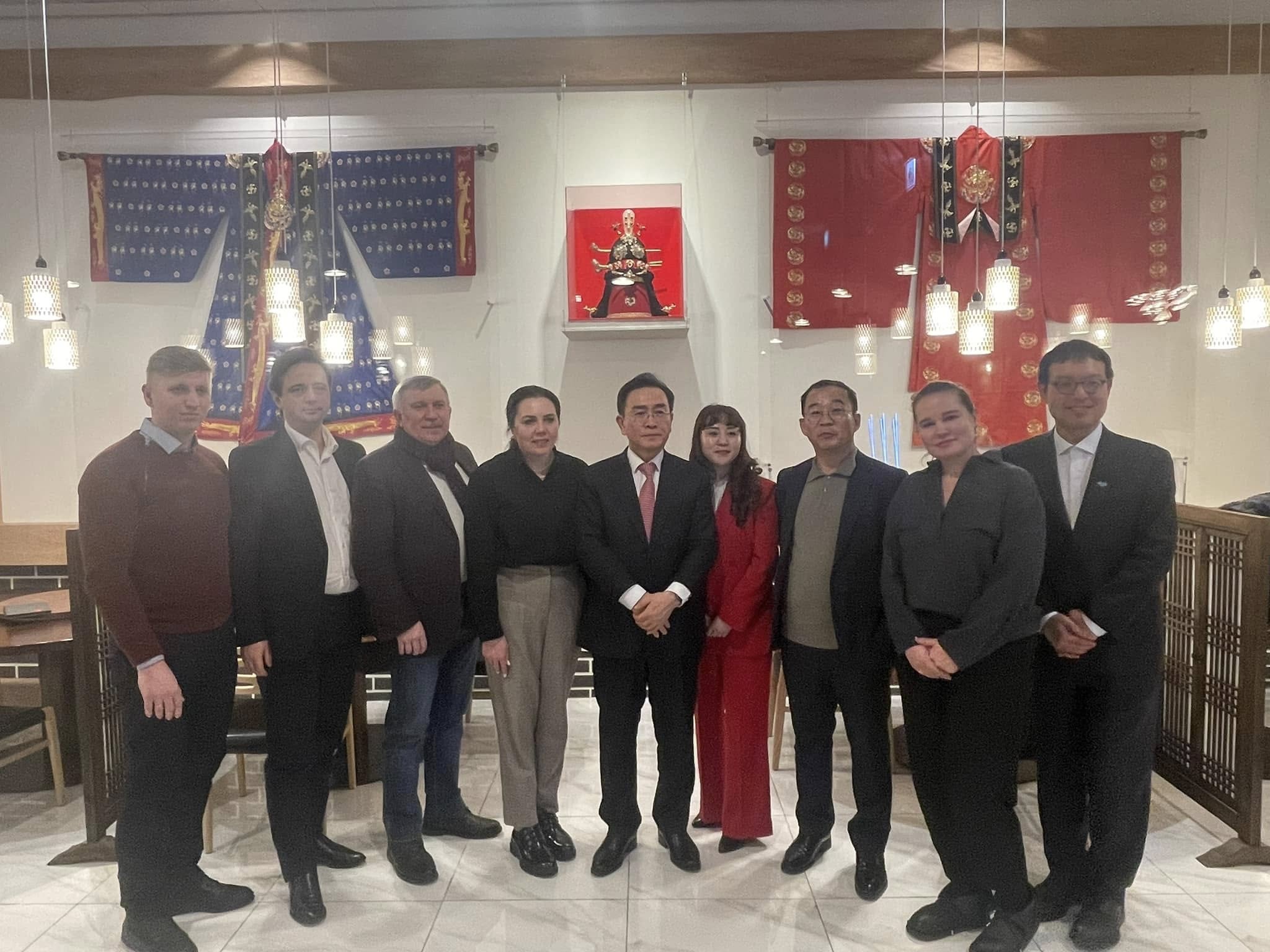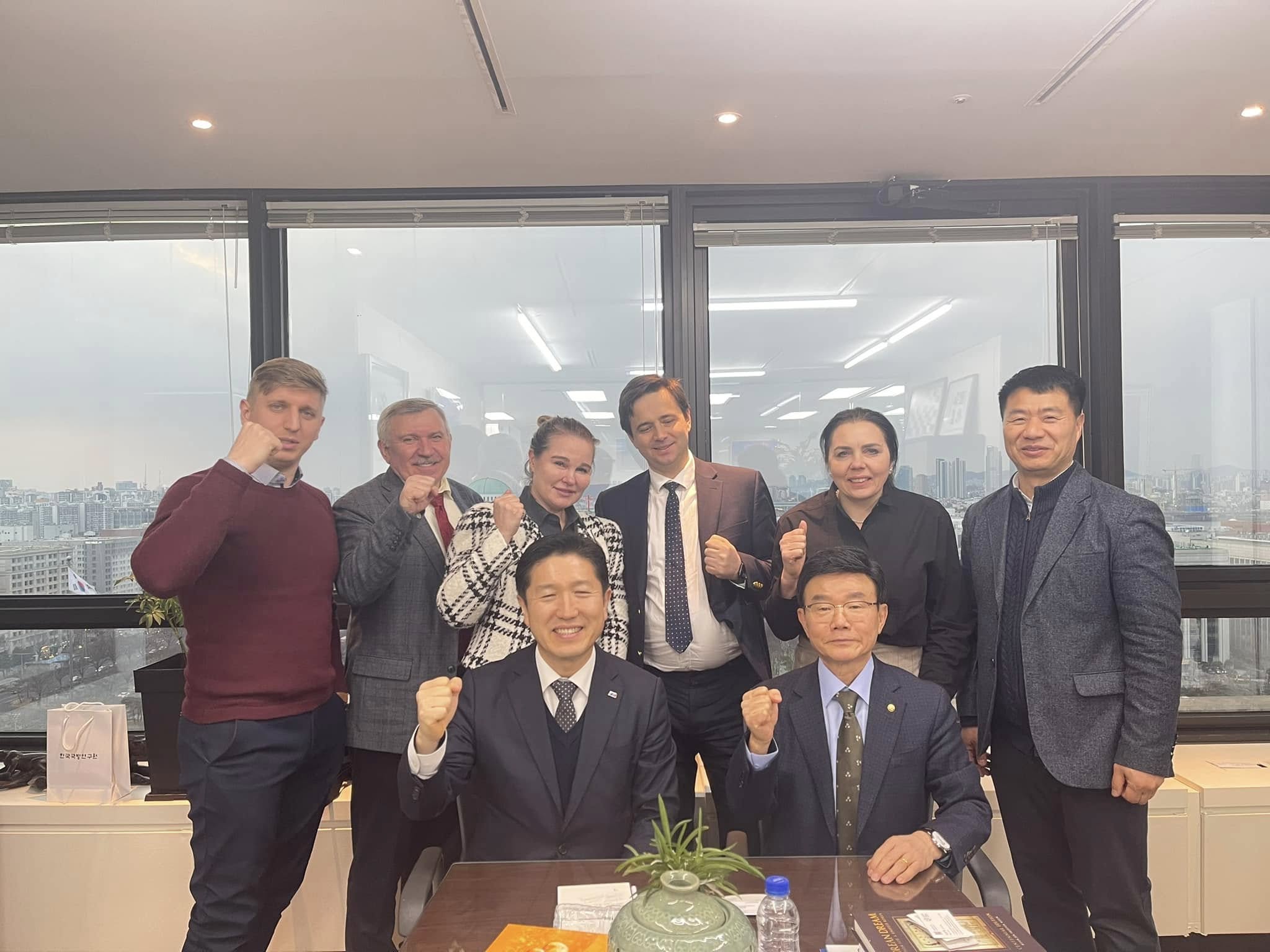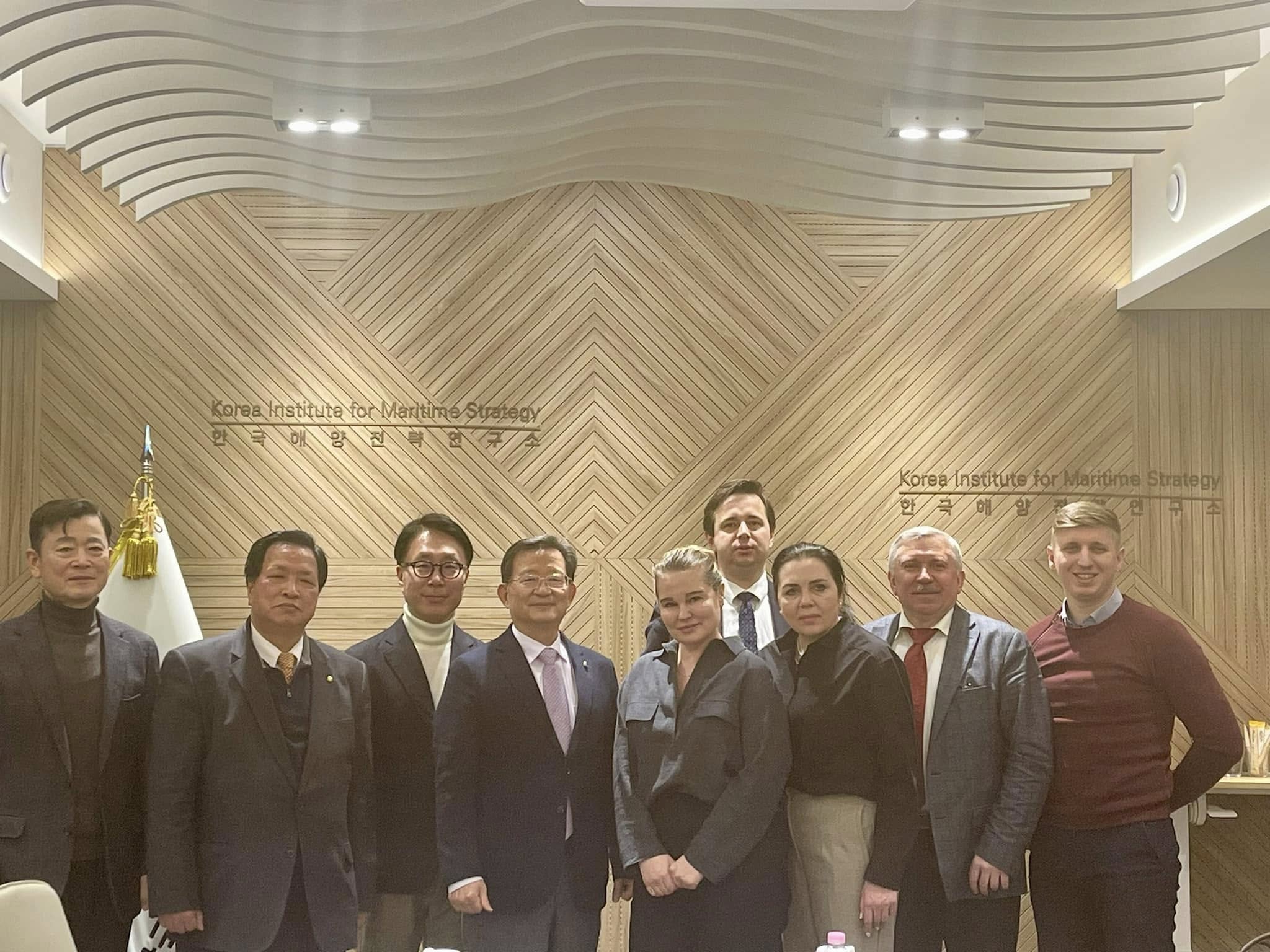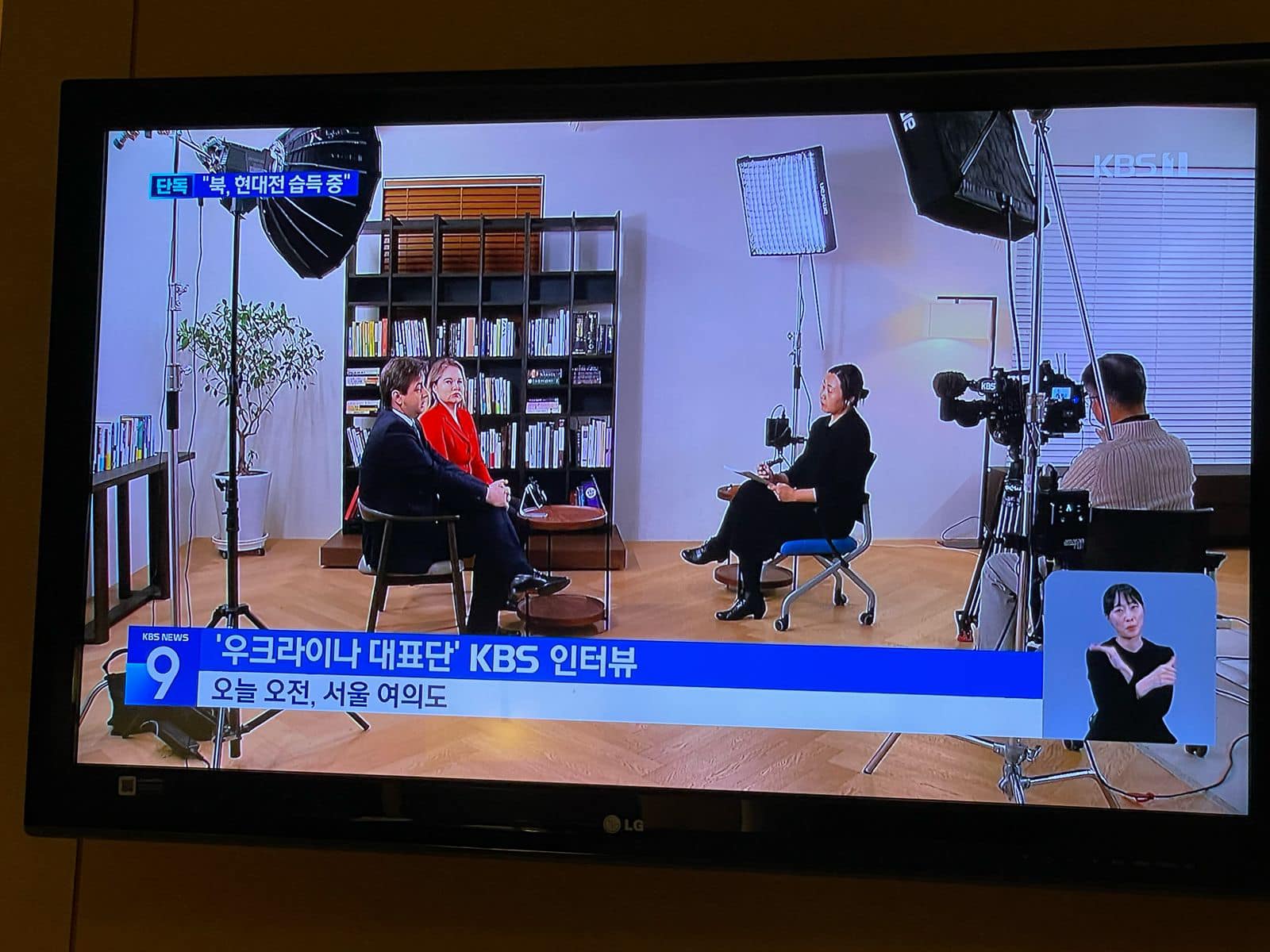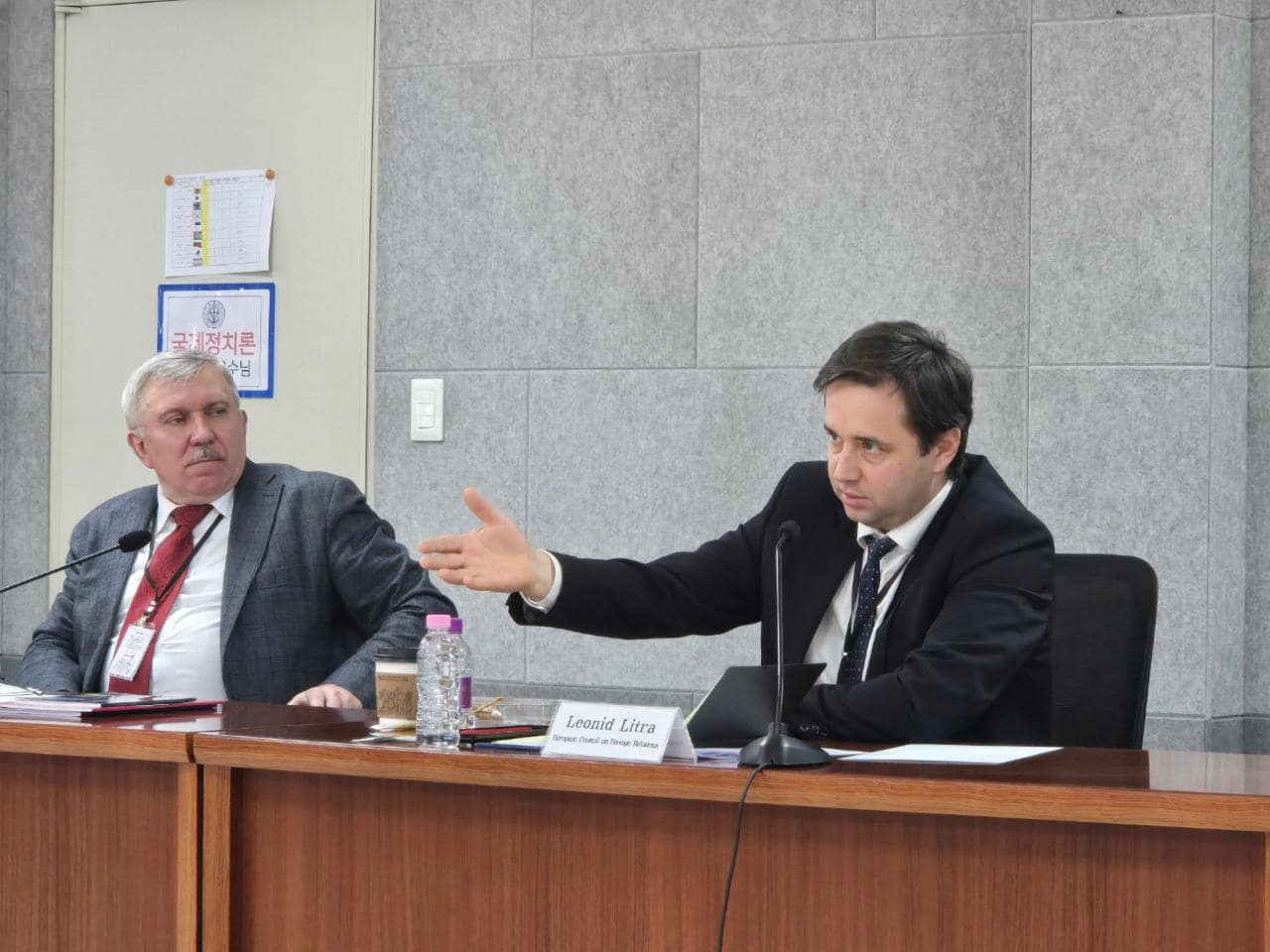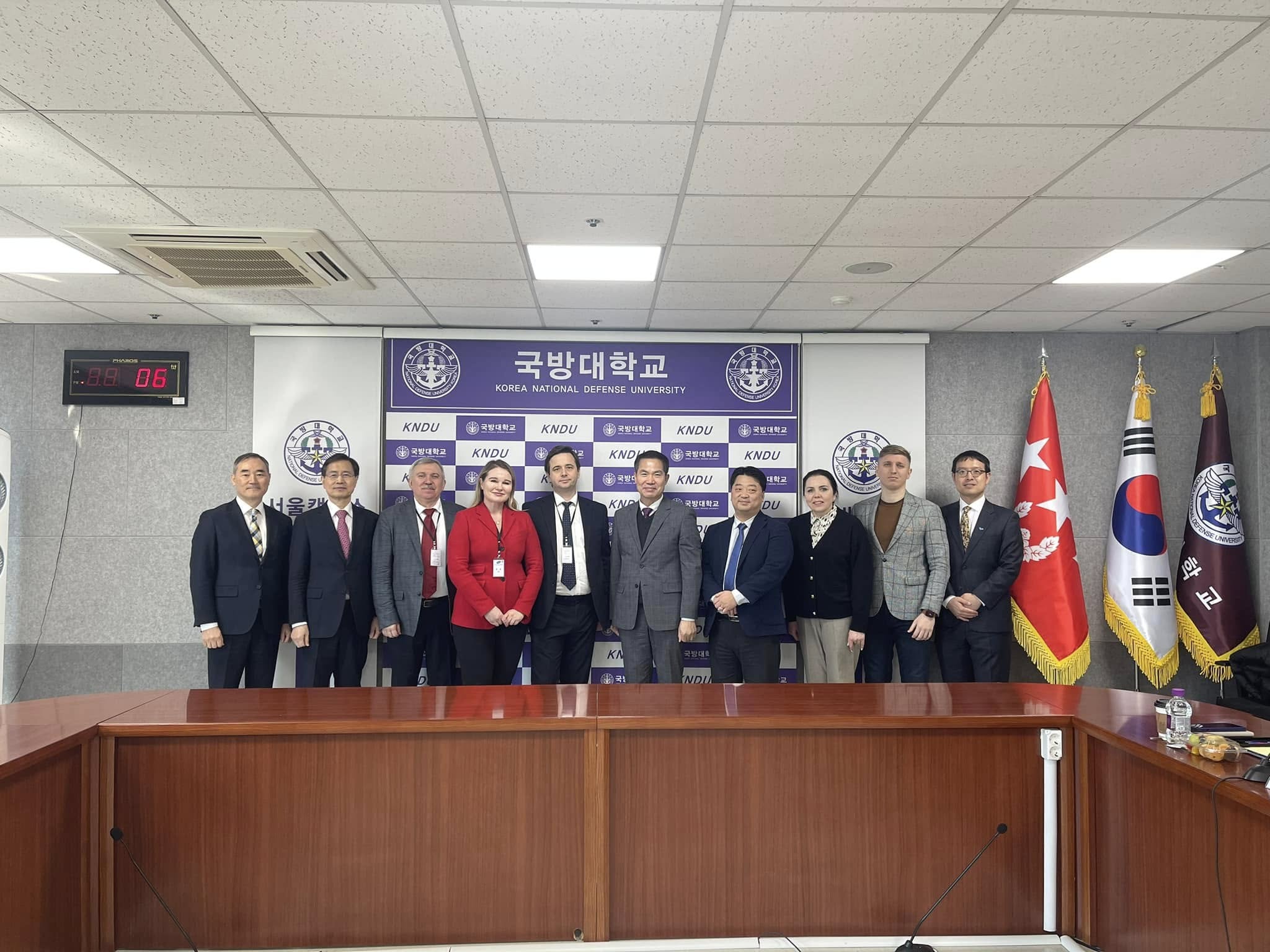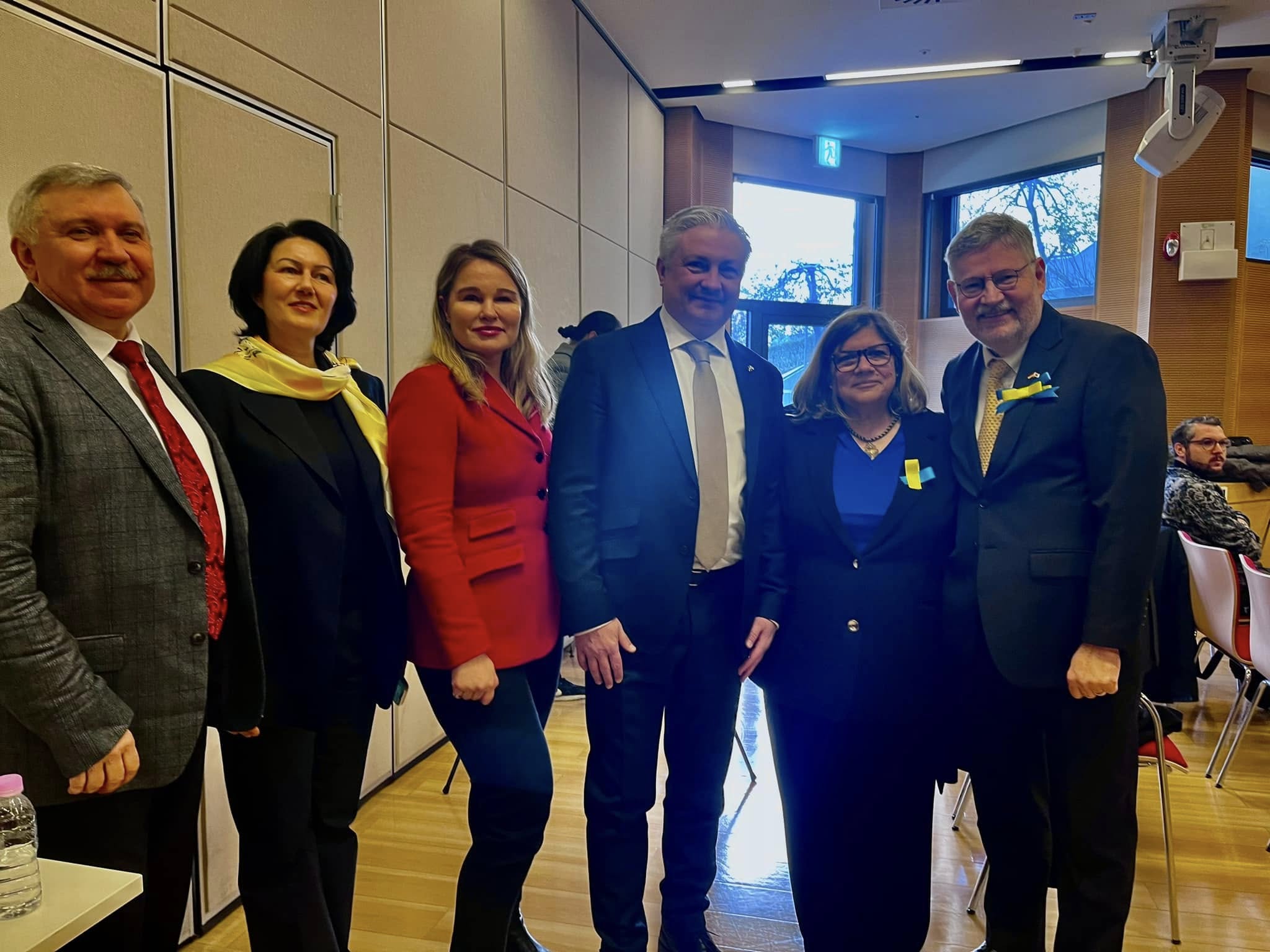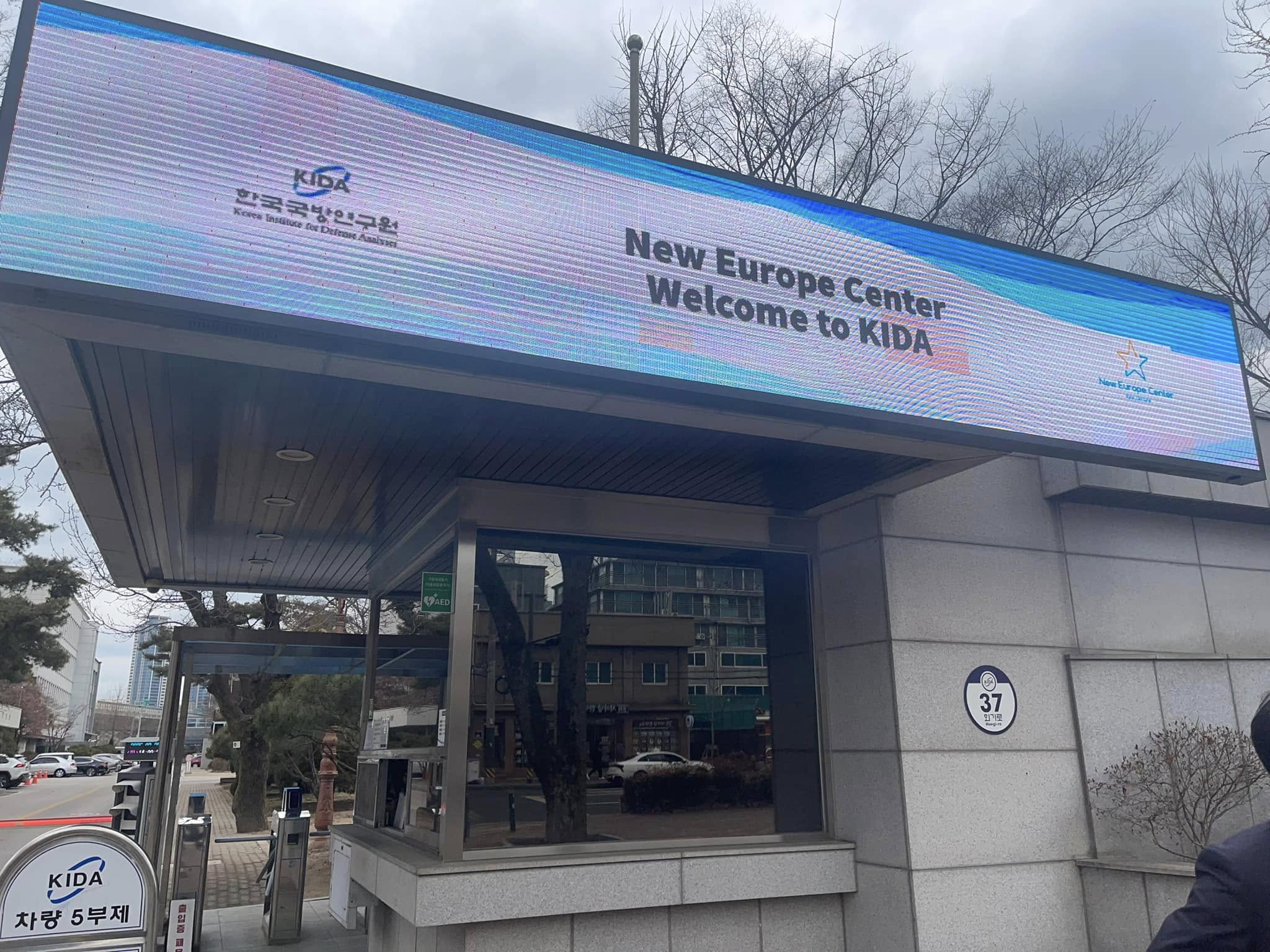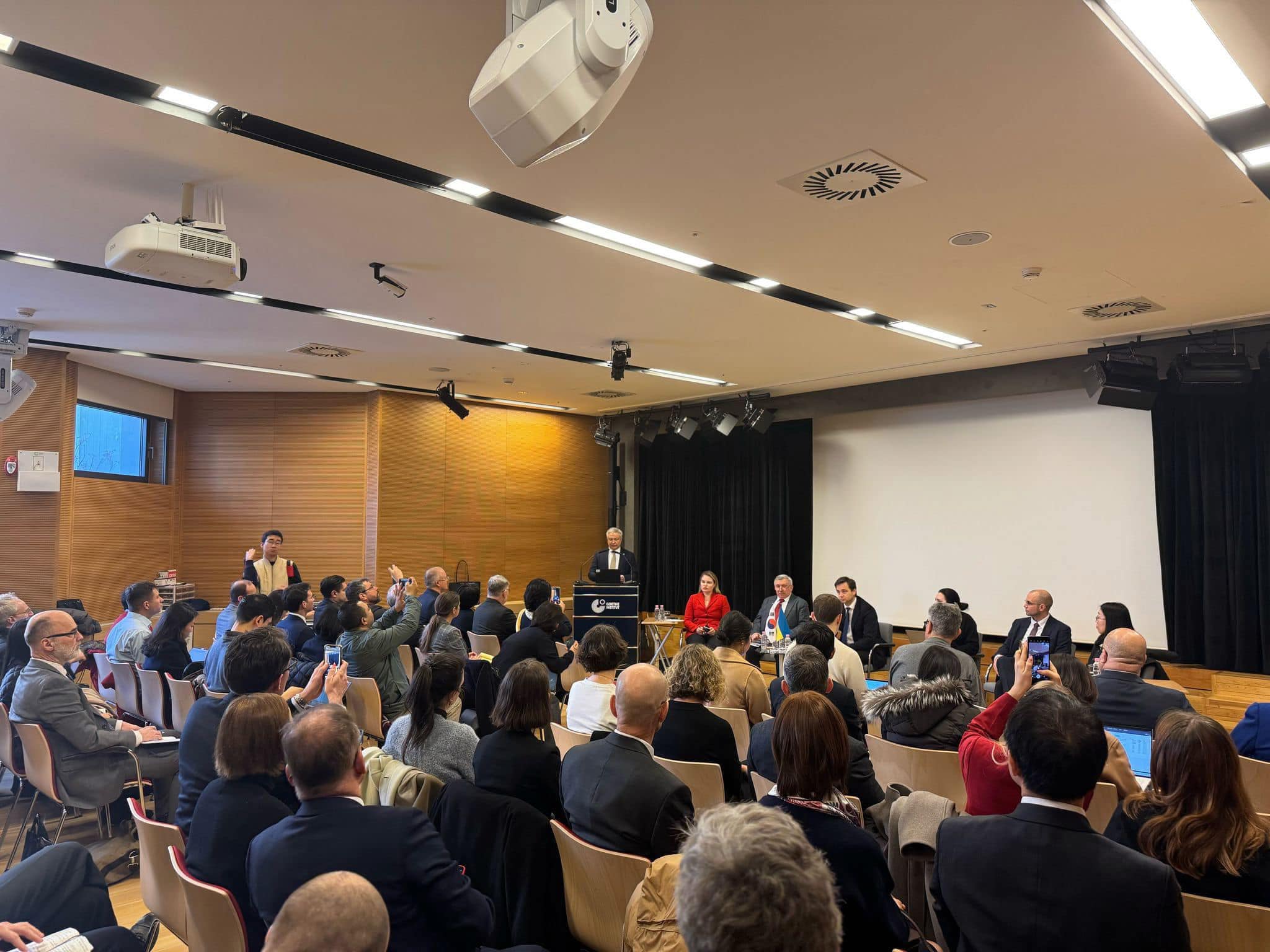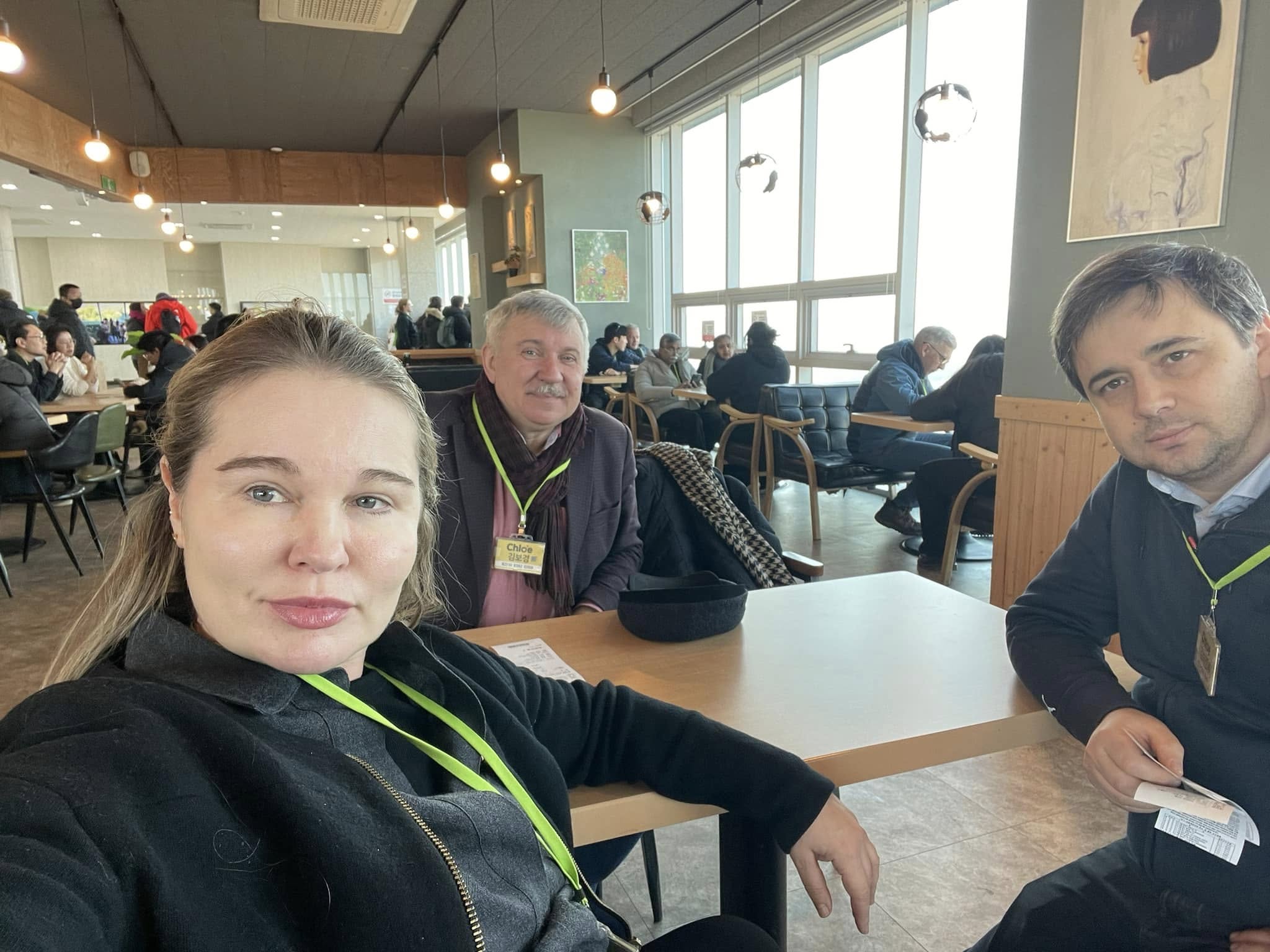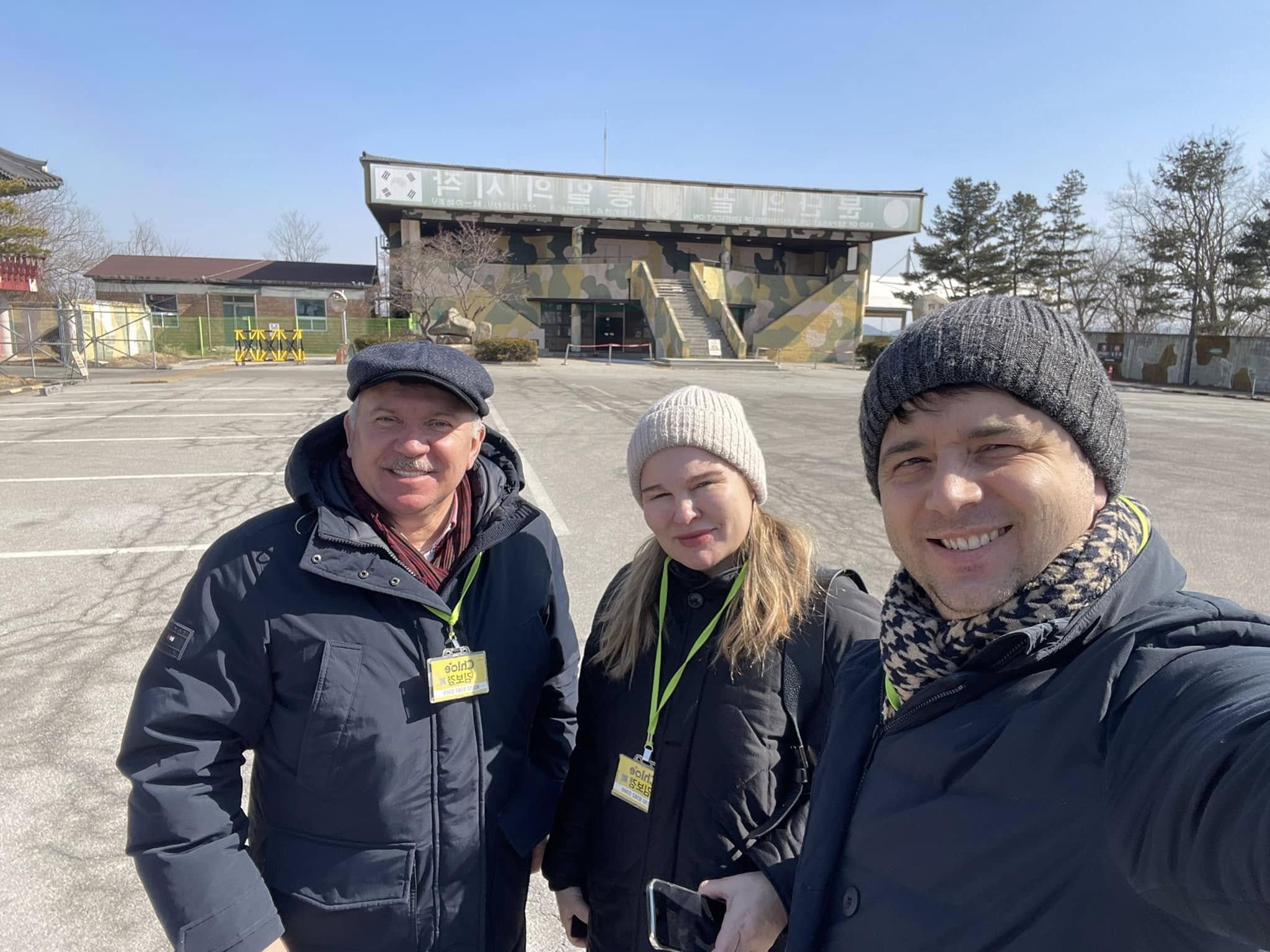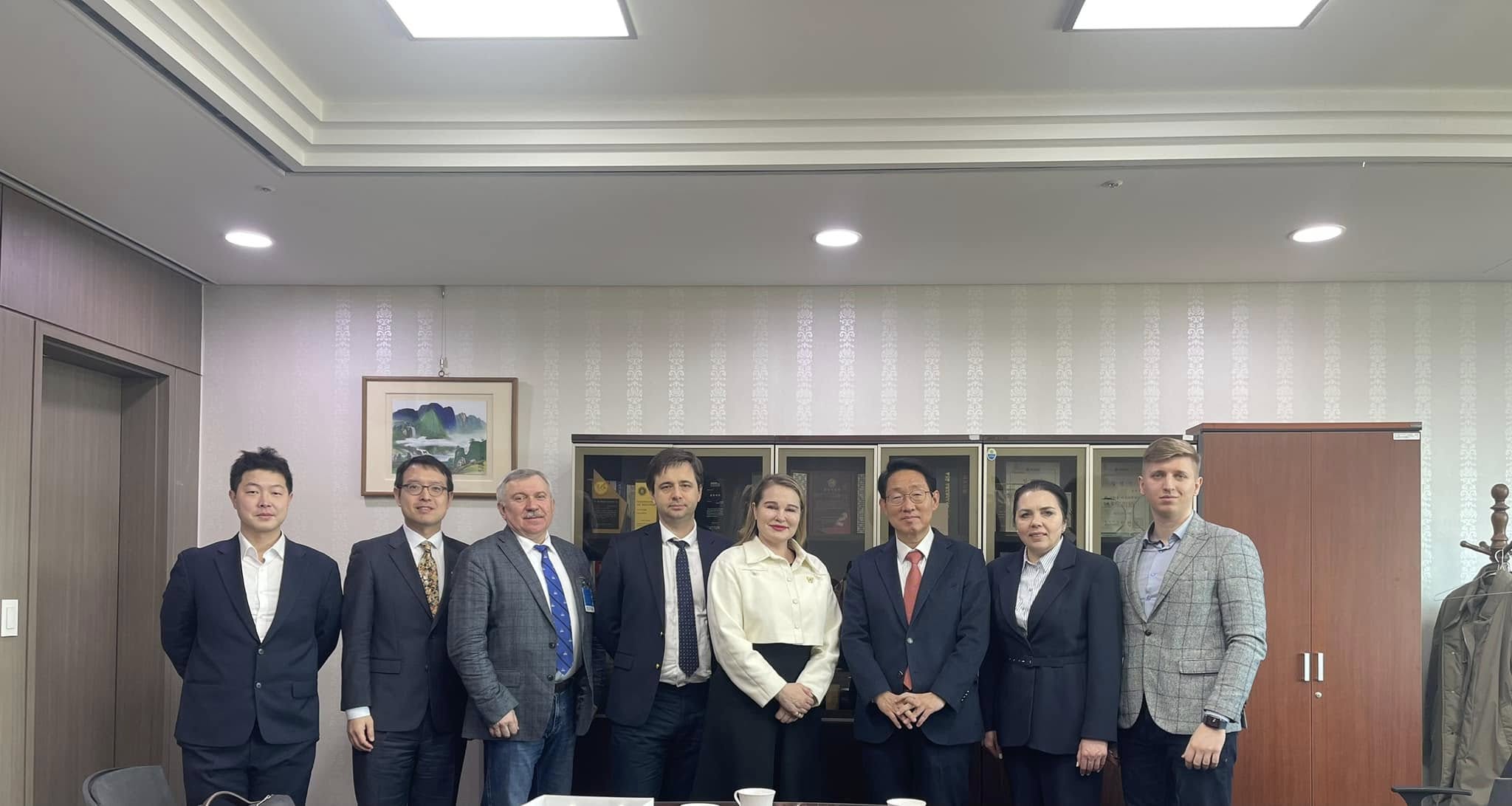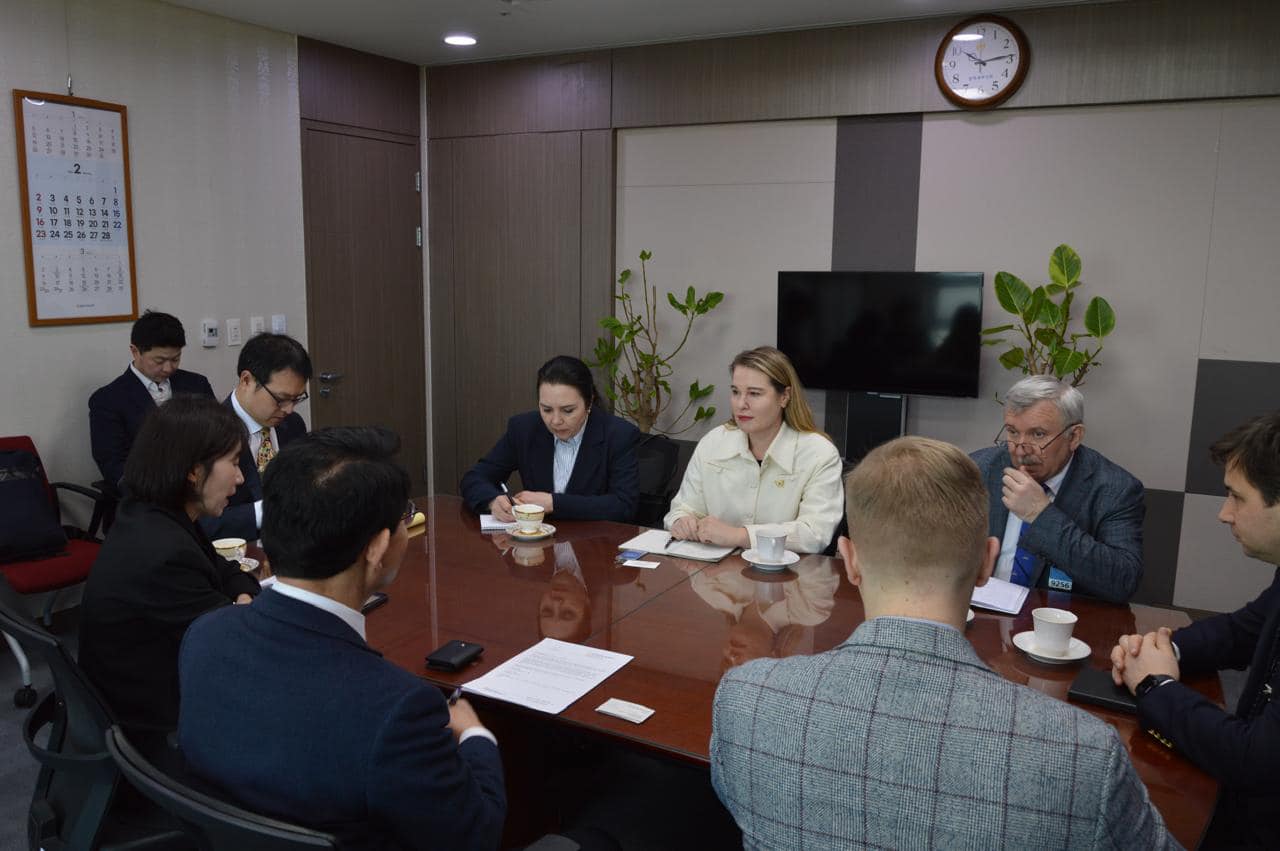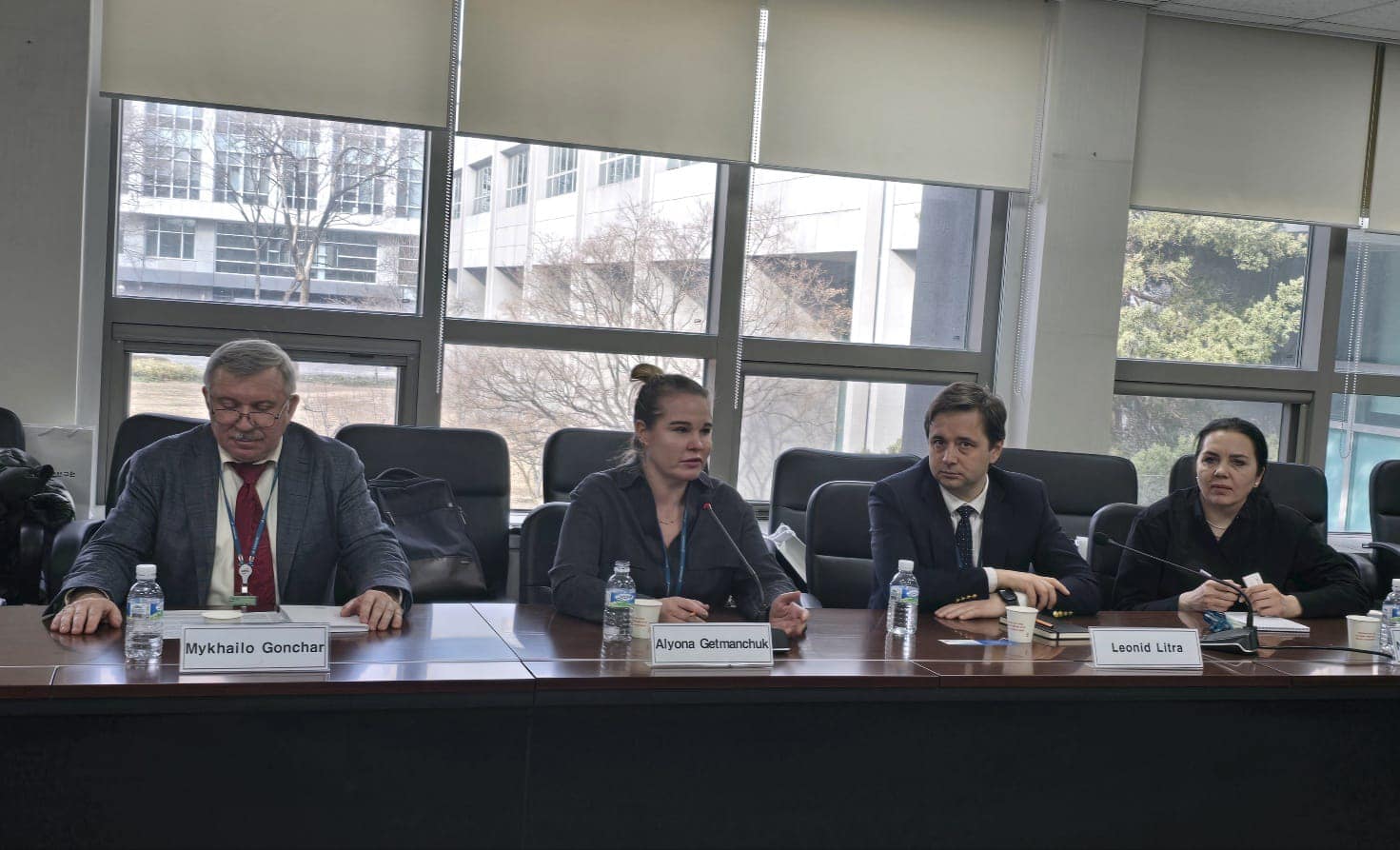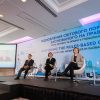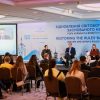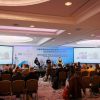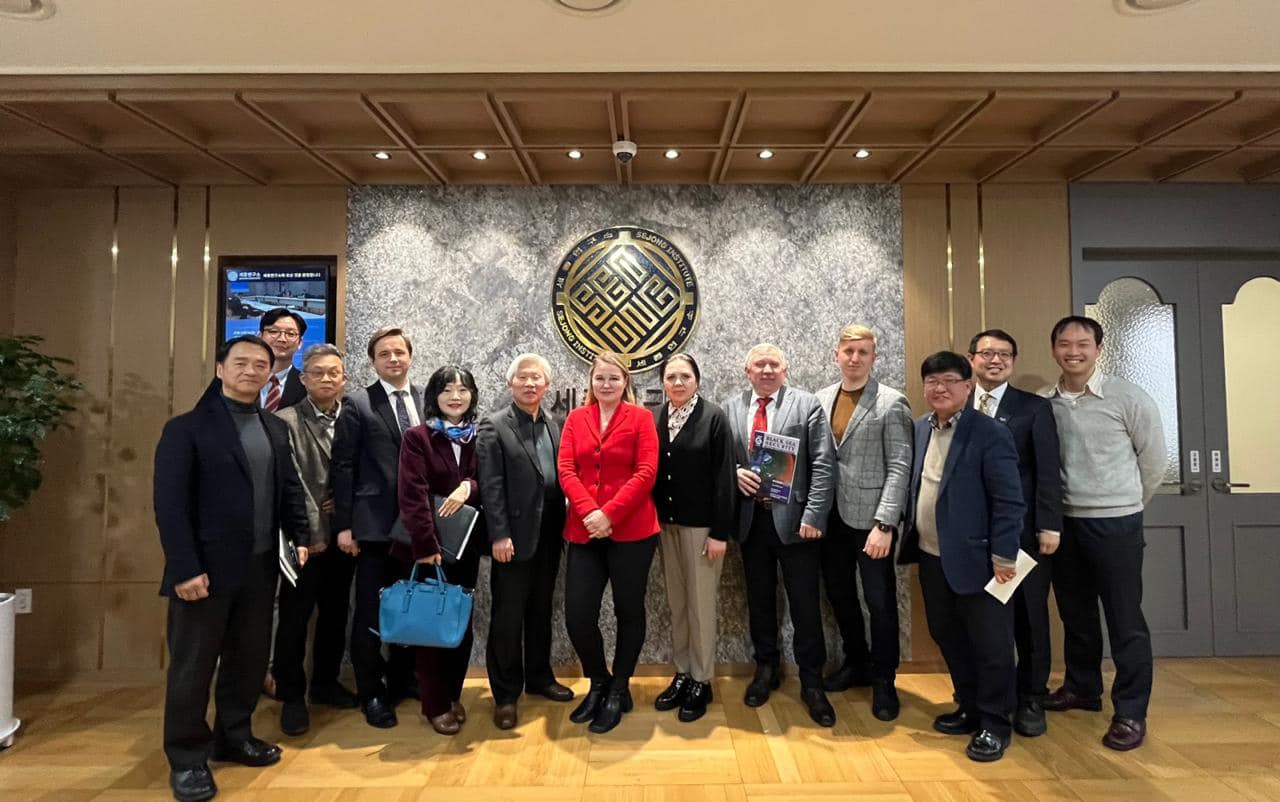
This week, the New Europe Center (NEC) team — Alyona Getmanchuk, Director of NEC; Leonid Litra, Senior Research Fellow; and Nataliya Butyrska, Associate Senior Fellow — together with Mykhailo Gonchar, President of the Center for Global Studies “Strategy XXI,” visited the Republic of Korea.
“Together with our expert colleagues, we gave interviews and spoke about the threats posed by the deepening cooperation between North Korea and Russia — not only for Kyiv but also for Seoul. We explained why both of our countries need to strengthen mutually beneficial cooperation (emphasis on mutual, not just one-way aid) in the areas of security and defense,” said Alyona Getmanchuk, Director of the New Europe Center.
On February 24, a roundtable titled “Three Years of Russia’s Full-Scale War: Ukraine on the Path to a Just and Lasting Peace” was held in Seoul. The event was organized by the Embassy of Ukraine in the Republic of Korea on the initiative and with the co-organization of the New Europe Center, in partnership with the Embassy of the Federal Republic of Germany in Korea and the Goethe-Institut Korea.
“We are marking the third anniversary of Russia’s full-scale invasion in South Korea — a symbolic location. North Korea’s involvement in the war serves as perhaps the clearest evidence of how the nature of the war has evolved over the past three years — from a war waged by Russia against Ukraine to one increasingly led in coordination by Russia, North Korea, Iran, and China. On February 24 in Seoul, we discussed all of this, with a focus on strengthening cooperation between Ukraine and South Korea,” added Getmanchuk.
The event attracted the attention not only of experts but also of the local media. As a result, interviews and articles were published in several of South Korea’s most influential outlets, such as: Chosun Ilbo – https://cutt.ly/Brreynvc, KBS News – https://cutt.ly/xrrBArCn, The Korea Herald – https://cutt.ly/MrrnbsY9
According to Alyona Getmanchuk, South Korea is currently paralyzed, on one hand, by a domestic political crisis (with likely presidential elections in June), and on the other hand, by uncertainty over U.S. policy in the region and toward Seoul specifically. Yet, the interest in discussing Ukraine remains strong — even when this interest is often driven by questions regarding the extradition of North Korean defectors or opportunities for South Korean companies to participate in Ukraine’s reconstruction.
We express our sincere gratitude to the International Renaissance Foundation for supporting the New Europe Center’s international advocacy efforts.



